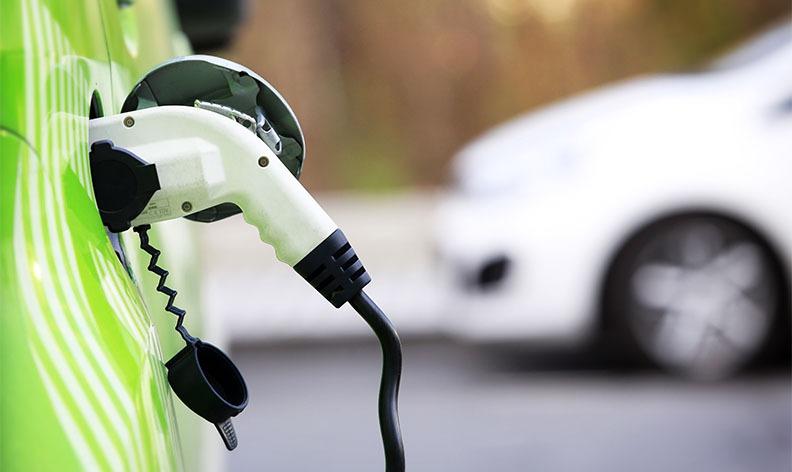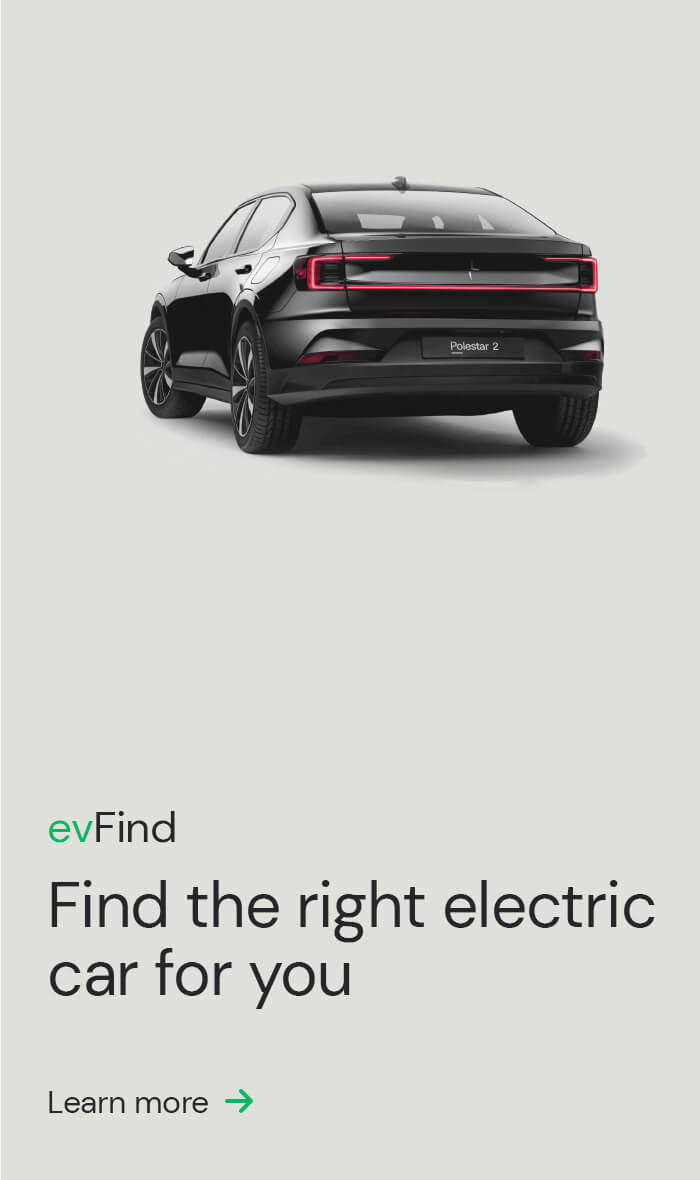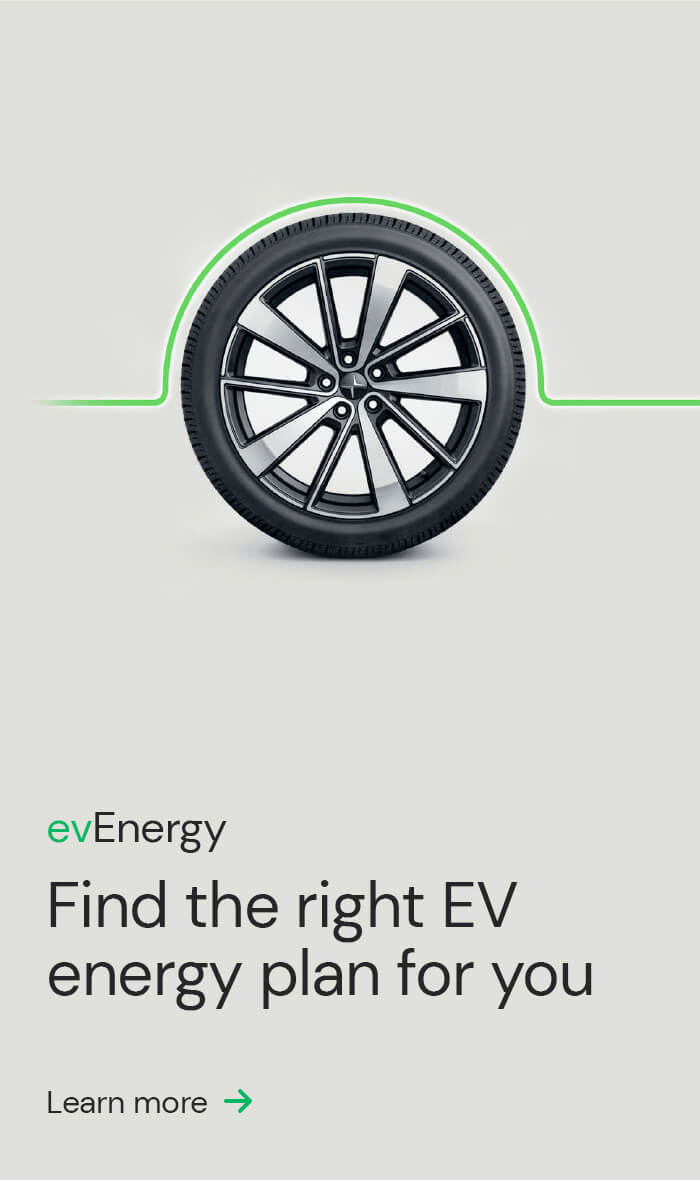If you’re considering buying or leasing an EV, chances are you’re motivated by their environmental credentials. It’s inevitable, then, that you’ll be wondering if their large batteries can be recycled at the end of their lifespan.
Can electric car batteries be recycled? You’ll be pleased to know that yes, they can be, and car manufacturers are constantly developing ways to make EV battery recycling easier and more sustainable.
What are electric car batteries made from?
Lithium-ion EV batteries are made from metals like aluminium, graphite, nickel, copper, cobalt, steel and lithium which need to be mined. While doing so requires non-renewable energy, across their lifetime, lithium-ion batteries save CO2.
For instance, producing a 75-kWh battery for a Tesla Model 3 would emit 4,500 kg of CO2 if it was made in Nevada. That’s the emissions equivalent to driving a petrol-powered car for 1.4 years, at an average annual distance of 19,000 km.
Sophisticated thermal management technology means EV batteries last a long time – and often outlive the cars themselves – so you can expect yours to last at least around ten years. Most newly-purchase EVs come with an eight-year battery warranty.
How can EV batteries be recycled?
The Battery Stewardship Council estimates that by 2036 Australians will dispose of between 137,000 and 186,000 tonnes of lithium-ion batteries annually. Presently only 6% of that is being recycled so there is a long way to go to lessen landfill.
When your EV battery is fully spent, its components and metals are highly recyclable. Australia’s biggest battery recycler, Ecobatt, has invested $30 million to develop a lithium-ion battery recycling plant. The plant, scheduled to commence operations in late 2025, will have the capacity to process 25,000 tonnes of batteries annually.
What’s more, Cornell University researchers discovered that a lithium-ion EV battery’s carbon footprint can be decreased by up to 17% if it is reused and repurposed before being recycled.
Can EV batteries be repurposed?
It’s not just the metal extracts from spent electric car batteries that have any value. Entire EV batteries can get a new lease of life being repurposed. For instance, Volvo have partnered with BatteryLoop to turn their spent batteries into solar energy storage systems for electrified cars and bikes.
Audi are reusing used EV batteries from their e-tron vehicles to power factory forklifts and tugs. The German car manufacturer estimates they’ll save millions of dollars repurposing batteries this way.
For the home, Nissan’s gives its Leaf batteries a second life with its xSTORAGE energy storage unit.
Summary
- EV battery metals like aluminium, graphite, nickel, copper, cobalt, steel, and lithium can be recycled.
- Australia’s biggest battery recycler, Ecobatt, recovers around 90% of all battery materials.
- EV batteries can also be repurposed for vehicle, home and industrial power storage.
Are you considering making the switch to an electric vehicle? ActewAGL can help you effortlessly find, finance and charge your EV. Discover how ActewAGL can support your transition to sustainable driving today.
Sources
https://batteryuniversity.com/article/bu-1003-electric-vehicle-ev
https://rac.com.au/car-motoring/info/ev-battery-recycling
https://www.abc.net.au/news/2021-10-25/electric-car-solar-battery-storage-waste-recycling/100564234



